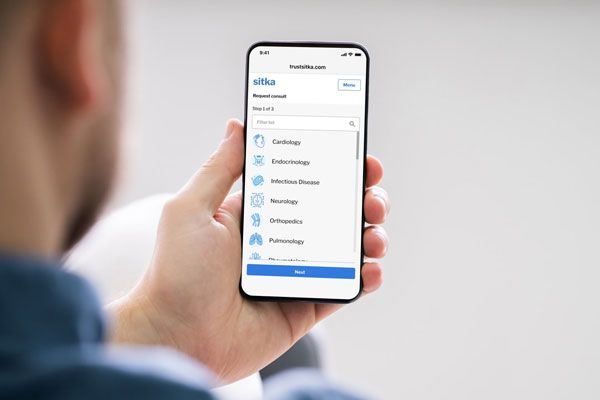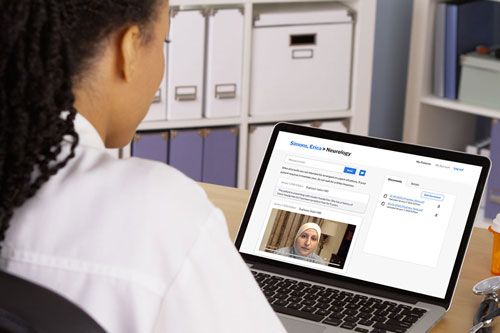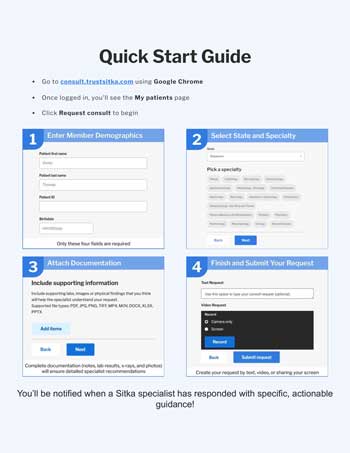AristaMD + Sitka
Joining Together to Improve Patient AccessThe Future of Digital Healthcare
- Electronic and video specialist consults
- Referral management tools
- A robust team of Board-certified specialists
- Support from Referral Navigation Nurses
The Future of Digital Healthcare
- Electronic and video specialist consults
- Referral management tools
- A robust team of Board-certified specialists
- Support from Referral Navigation Nurses
Answers in Hours
We create an ecosystem that allows most specialty referrals to be completed in less than a day. In fact, most consults are returned within five hours.


One Workflow for All Your Referrals
AristaMD streamlines the referral workflow and scheduling for patients, specialists, and their referring partners. By automating the referral process, referring practices spend less time on the phone, manual efforts are eliminated and patients get the right care from the right specialist
One Workflow for All Your Referrals
AristaMD streamlines the referral workflow and scheduling for patients, specialists, and their referring partners. By automating the referral process, referring practices spend less time on the phone, manual efforts are eliminated and patients get the right care from the right specialist

Experienced Specialists
eConsults and vConsults are delivered by our trained specialty provider network — carefully vetted and selected to manage top specialties for your patients.


Expert Referral Team Curates and Routes eConsults
Access these services to minimize the workload for your physicians and referral coordinators while also:
- Increasing access to specialty care.
- Improving patient outcomes.
- Eliminating wait times for specialist appointments.
- Growing the revenue and service offering at your clinic.
Expert Referral Team Curates and Routes eConsults
Access these services to minimize the workload for your physicians and referral coordinators while also:
- Increasing access to specialty care.
- Improving patient outcomes.
- Eliminating wait times for specialist appointments.
- Growing the revenue and service offering at your clinic.


